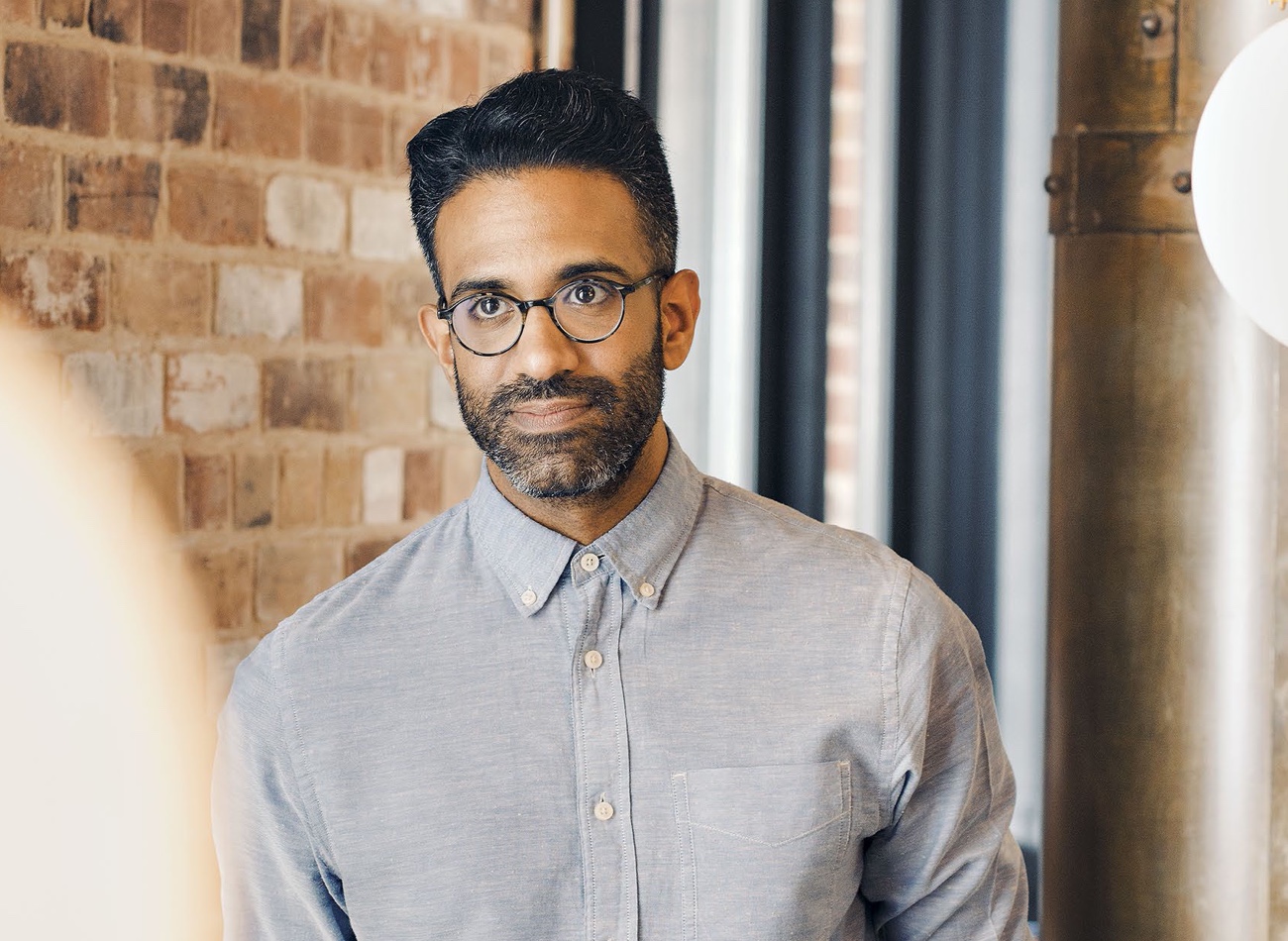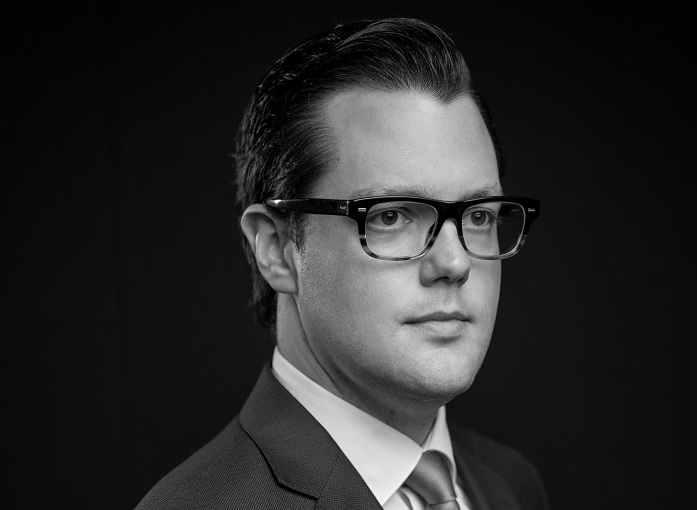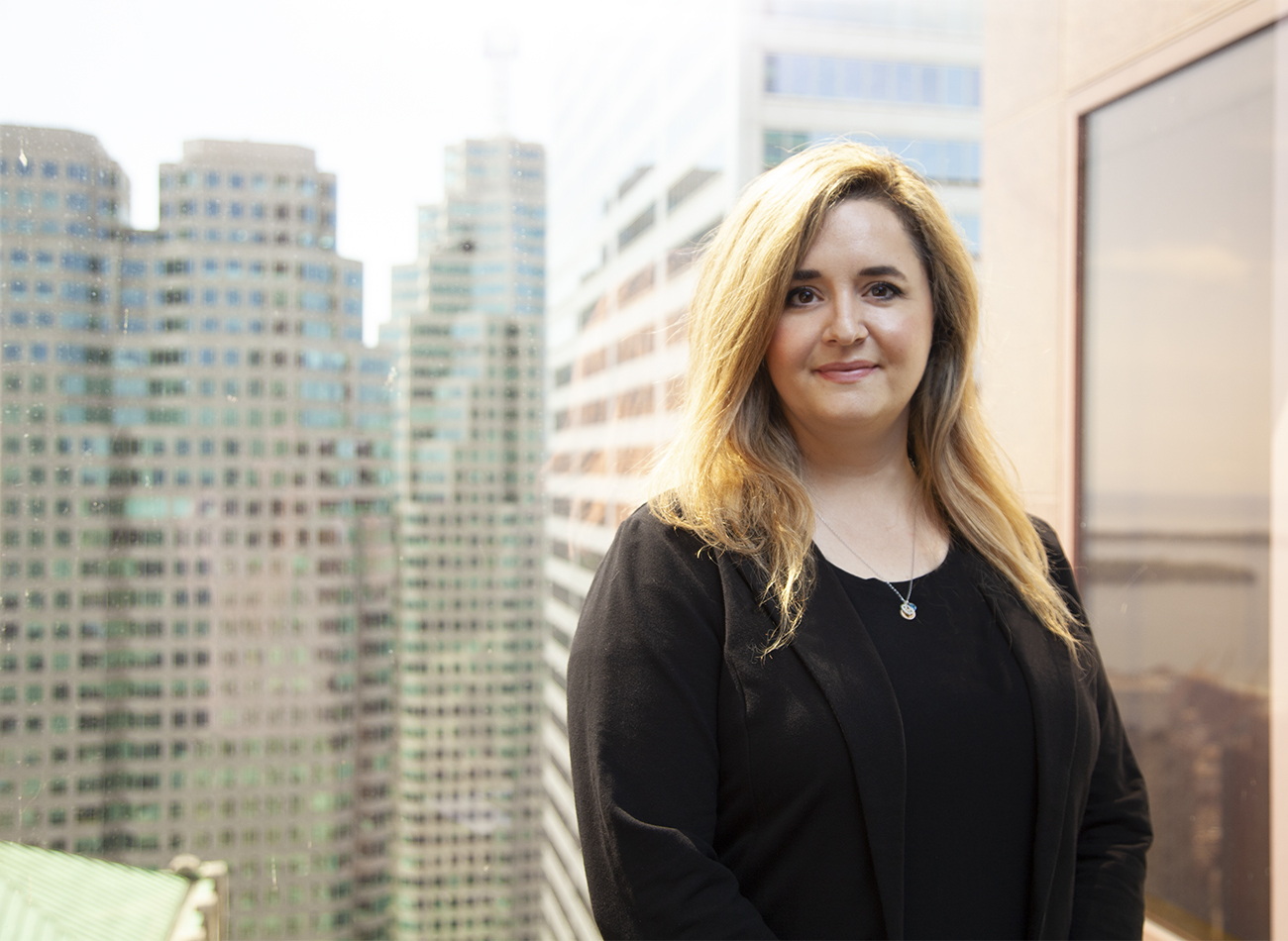
In 2005, Rawle Maynard was driving home from work in Toronto when a police officer pulled his gun on him. The officer, who was seeking a suspect in a gun case, then placed him under arrest. But it turned out, he had apprehended the wrong man.
Seven years later, the Human Rights Tribunal of Ontario ruled that the arrest of Maynard, a black man, amounted to racial profiling — and the tribunal awarded Maynard $40,000. One of his lawyers was Sunil Gurmukh.
“Stories like this are so compelling,” says Gurmukh, a lawyer at the Ontario Human Rights Commission (OHRC). “Once you hear one of them, you want to do everything you can to make it better.” That, in a nutshell, is his current job. Here, he tells us how he fights injustices in society.
What does the OHRC do?
In short, the commission promotes and protects human rights in Ontario. And to do that, its has a team of lawyers that identify egregious abuses of human rights and seek justice for them in the courts.
What’s an example of such case?
In 2008, two black lawyers attempted to enter the lounge at the Peel Law Association when a court librarian asked, in a hostile manner, to see their identifications. The lawyers saw this as textbook racial profiling, so they sued the Peel Law Association.
They won at the Human Rights Tribunal of Ontario, but a divisional court overruled that decision, on the basis that the caselaw surrounding racial profiling in law enforcement could not be applied to an incident at a library.
In 2013, Gurmukh, acting alongside the OHRC, appealed the ruling as an intervenor. He prepared the factum and helped senior counsel fine-tune the oral submissions they would make in court.
In the end, the Ontario Court of Appeal overturned the decision, and set some precedent in the process: in effect, it ruled that unlawful racial profiling could happen anywhere, not just in law enforcement. “It was a great win,” recalls Gurmukh.
How do you get into the field?
It’s difficult. So Gurmukh suggests volunteering at community-advocacy groups, such as the Canadian Civil Liberties Association to get some experience first.
How are the hours and pay?
The hours can be long, particularly when a case goes to court or a tribunal. “But it’s not quite as long as private practice,” says Gurmukh.
And the pay? Once again, it’s nothing like private practice, but as a government employee, the pension makes up for some of it. He’s now on a four-month parental leave at nearly full pay.
Who excels at this kind of law?
“You have to be good at forming relationships,” says Gurmukh, “particularly with people from vulnerable populations.” That’s because they are often the victims of discrimination, so you need them to trust you enough to give you the information needed to build a strong case. On top of that, you need a thick skin. “The losses can be heartbreaking.”
Photography by Ian Patterson




